Explore the Best AI Image Gallery
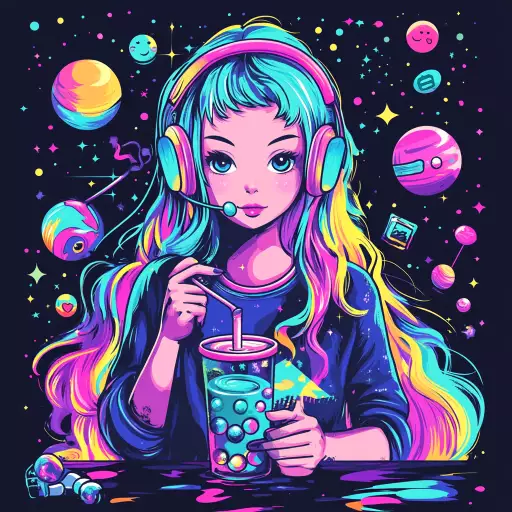
The realm of art and creativity is undergoing a profound transformation as artificial intelligence (AI) steps onto the canvas. AI-powered tools are capable of generating stunning visuals, composing intricate music, and even crafting compelling narratives, blurring the lines between human and machine creation. This evolution presents both exciting opportunities and complex ethical challenges that demand careful consideration.
AI-generated media has the potential to revolutionize various aspects of the creative industry:
- Content Creation: AI can assist artists and designers in streamlining workflows, generating ideas, and creating prototypes, freeing up time for more conceptual work.
- Democratization of Art: AI tools can empower individuals with limited artistic skills to express themselves creatively, opening up new avenues for artistic exploration.
- Personalized Experiences: AI can tailor content to individual preferences, leading to more engaging and immersive experiences in fields like entertainment and advertising.
While the potential benefits of AI-generated media are undeniable, ethical concerns require careful examination:
- Authenticity and Ownership: Who owns the copyright to AI-generated content? How can we ensure transparency and accountability in the creative process?
- Bias and Representation: AI algorithms are trained on existing data, which may contain biases that perpetuate harmful stereotypes. It is crucial to address these biases to promote fairness and inclusivity.
- Job Displacement: The automation of creative tasks raises concerns about potential job losses in the creative sector. Strategies for reskilling and workforce adaptation are essential.
As AI continues to evolve, it is imperative to establish ethical guidelines and regulations that foster responsible innovation:
- Transparency and Explainability: Develop AI systems that are transparent in their decision-making processes, allowing for human understanding and oversight.
- Human-Centered Design: Prioritize the well-being and creativity of human artists and designers, ensuring that AI tools augment rather than replace human ingenuity.
- Education and Awareness: Promote public discourse and education on the ethical implications of AI-generated media to foster informed decision-making.
The convergence of AI and creativity presents both immense opportunities and complex challenges. By embracing a human-centered approach, fostering transparency, and addressing ethical concerns proactively, we can harness the transformative power of AI to shape a future where technology and creativity coexist harmoniously.


](https://images.ai-img.art/thumbnails/150/da89993919887fcf2c84af5ec12f2ac997ad0f67c8bf00fecd67ba06a1b3dc49.webp)
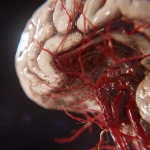




](https://images.ai-img.art/thumbnails/150/78b567a3483191dd52f3d16038b5a926e03e4066d5b301cfff023fb91a962e67.webp)

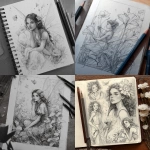
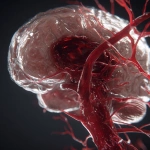
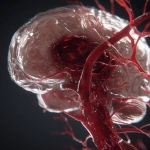










](https://images.ai-img.art/thumbnails/150/915b5e50ce61f6219cb8f764d89e2efcb8ad3a9ebd09e0670ae7dc0e2c99a8bd.webp)

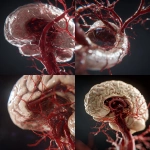





](https://images.ai-img.art/thumbnails/150/aed4d771a0a5b63bed28f6e7183dd4614c5e3e3586d300c8d879ccbb37dbfb4e.webp)



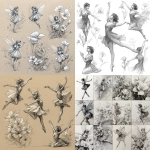

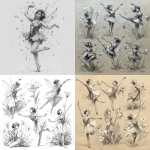
](https://images.ai-img.art/thumbnails/150/476665d1452e44d38d5b4fbf5fab4389a6131d55b7bfe8a41d7f65f66b5a9310.webp)


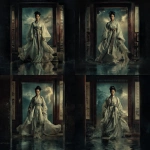

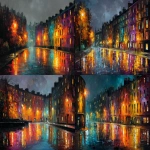
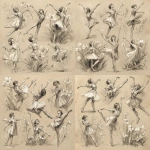
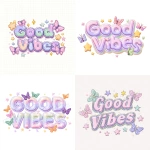
](https://images.ai-img.art/thumbnails/150/cf8299cc184c859eff89d17514689e19c7994ad29256a58ad77fa0f7218e2cff.webp)


